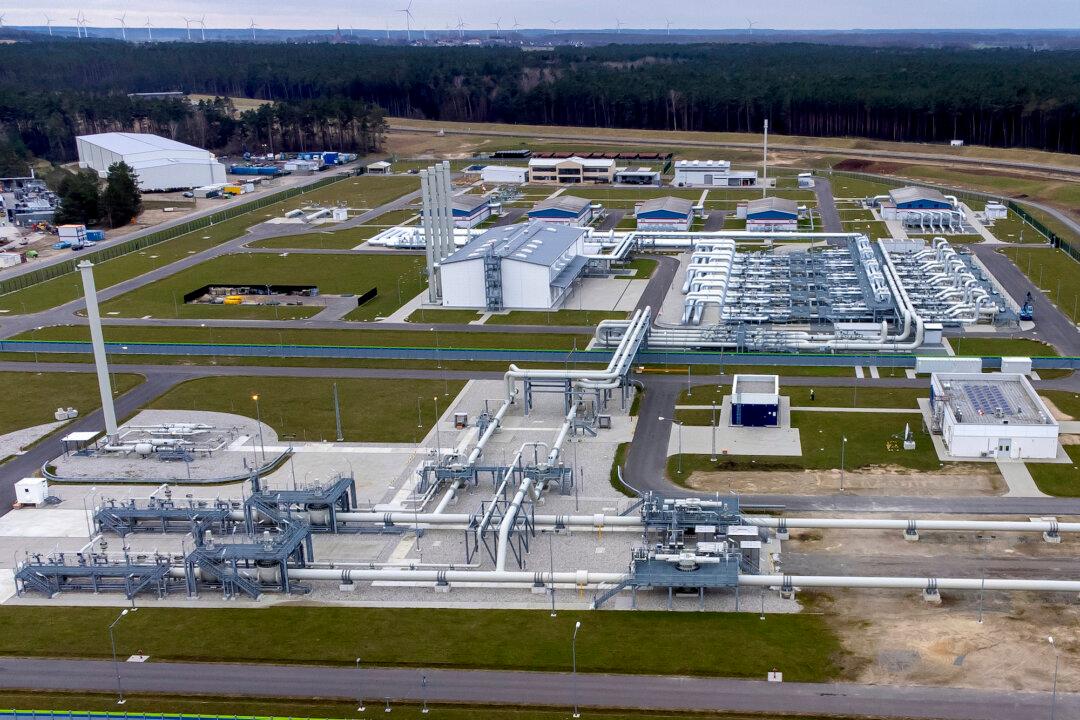An unprecedented supply glut of liquefied natural gas (LNG) has driven down wholesale gas prices in the United Kingdom to low levels, while across the English Channel, Europe struggles with high gas prices.
Britain’s terminals are receiving LNG cargoes intended to be transported to Europe through subsea pipelines. However, “the rate of LNG imports has exceeded the ability of the interconnector pipelines to export gas, leading to an imbalance in gas supply and demand in the UK, amplified by the UK’s lack of meaningful gas storage capacity compared to other European gas consumers,” said analysts at wealth management and investment banking company Stifel, according to The Times.





